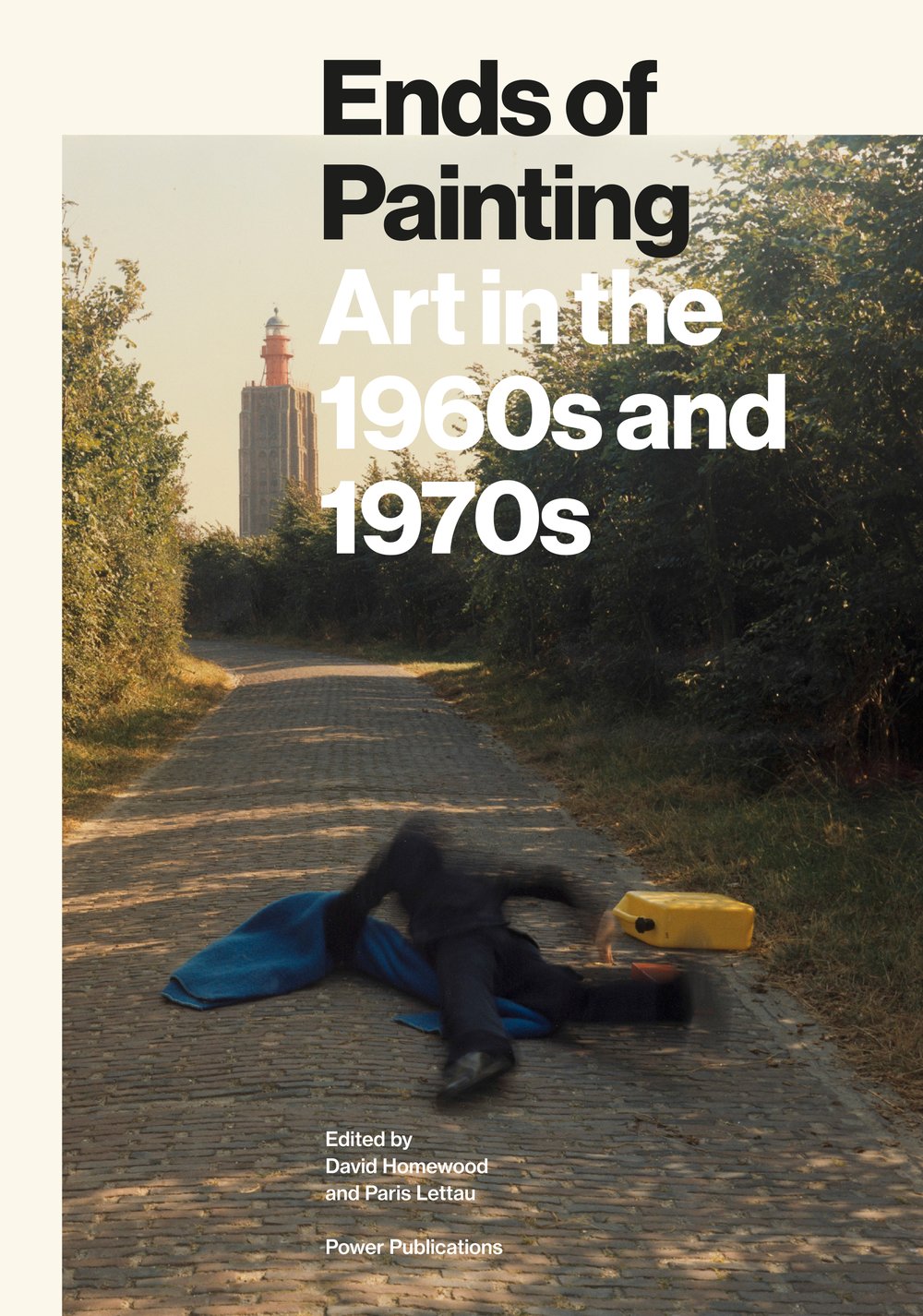Ends of Painting: Art in the 1960s and 1970s

Contemporary art begins where painting ends, or so goes the myth that emerged in the 1960s and 1970s. This book is a post-mortem of that moment — a moment continually replayed in the art practices and histories examining painting’s demise. In eleven lively essays, Ends of Painting offers a counterhistory, showing how the practice and discourse of painting remained integral to art throughout the 1960s and 1970s. Written by art historians from Australia, Asia, Europe and North America, each chapter captures a renewed critical approach to topics as diverse as conceptualism and anachronism, photography and autobiography, theatre and politics, nationalism and consumerism, race and modernism.
The book reveals a vast constellation in which painting’s ends are also beginnings—from Warhol’s Cow Wallpaper at the Leo Castelli Gallery in New York to Naoyoshi Hikosaka’s act of pouring latex over tatami mats on his bedroom floor in Tokyo; from the first canvas boards by Aboriginal artists at Papunya in Australia’s Western Desert to the Collective Actions Group’s documentation of people holding up arrangements of coloured envelopes in snowfields outside Moscow. These unlikely correspondences between times and places sustain this book’s return to the medium. It reveals how history is brushed by painting, and painting by history.
